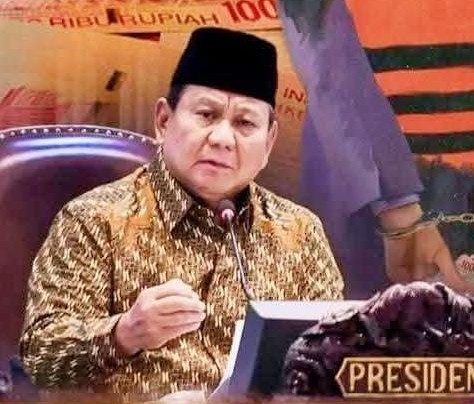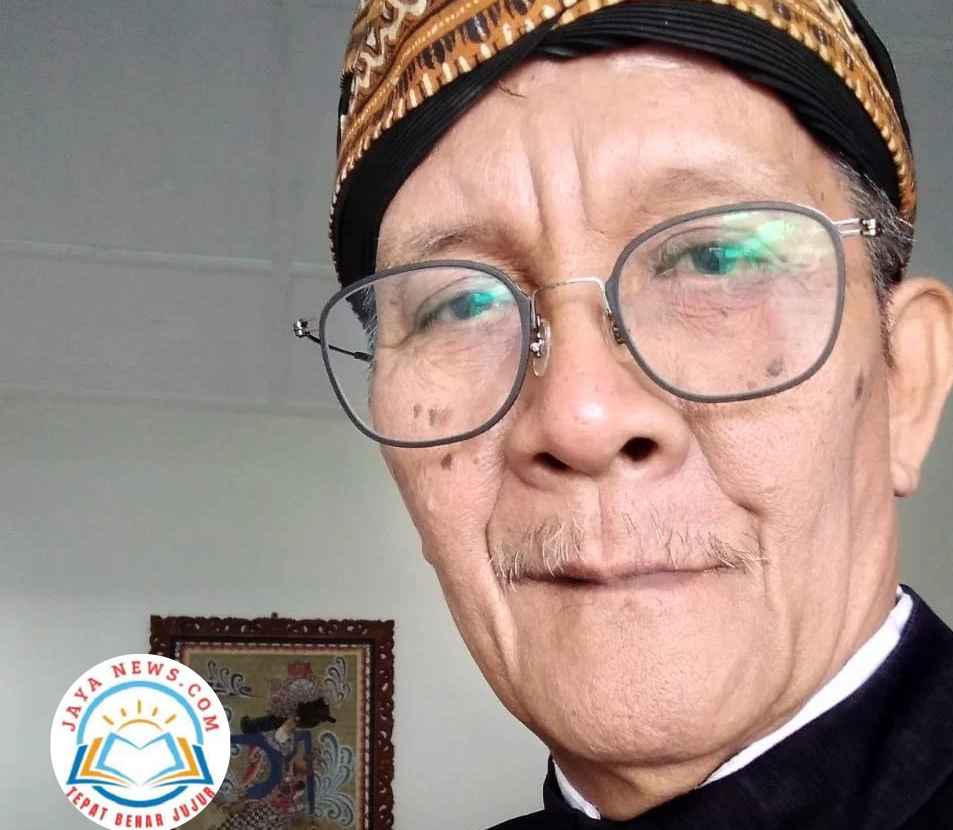The National Police Reform Team and the National Police Transformation Team Should Ideally Not Create Duality
Author: Jacob Ereste
Freelance Journalist
The passion and enthusiasm for reforming the Indonesian National Police, as demonstrated by the National Police Chief, General Listyo Sigit Prabowo, who immediately issued a Sprin (Order Letter) establishing the National Police Transformation Reform Team, involving 52 high-ranking and mid-ranking officers from the Indonesian National Police. This is despite the fact that, the day before, President Prabowo Subianto had instructed the Coordinating Minister for Law, Human Rights, Immigration, and Corrections (Menko Kumham Imipas), Yusril Ihza Mahendra.
Yusril Ihza Mahendra himself admitted to reporters on Tuesday, September 16, 2025, that President Prabowo had requested the immediate formation of a Police Reform Commission. And indeed, the day after this Presidential order was rolled out and became a public discussion, the next day the National Police Chief Sigit Listyo Prabowo immediately ensured the accountability of the National Police institution through Sori/2749/IX/TUK.2.1/2025 which was signed by Sigit Listyo Prabowo on September 17, 2025. The impression of a race from the program to improve and fix the National Police immediately received responses from various parties who highlighted the dualism in the plan to improve the National Police body, some even considered that there had been a clash between the President and the National Police Chief. Apart from that, the concept that wanted to make improvements in the National Police body, both structural and cultural – as with comprehensive improvements and improvements – at the conceptual level of the terminology used was indeed different. From the President who wanted the formation of the National Police Reform Commission, while the National Police Chief himself had formed the National Police Transformation Team. In other words, the National Police Transformation Team initiated by the Chief of Police can be understood as an internal implementer within the National Police, while the National Police Reform Commission, intended by the President, functions as a directive, supervisor, or external evaluator for the National Police.
Information obtained by the Atlantika Institute indicates that the two teams will interact to accelerate structural and cultural reform of the National Police. If this assumption is correct, such a division of labor would be a good one. There is an assumption that the National Police’s transformation team will operate independently and assume that whatever it does will be the best choice. The results of the transformation team’s work, carried out by the National Police itself, are unlikely to be optimal, as desired by the public, who are constantly confronted with the police. In short, how can the National Police be able and willing to evaluate itself and be willing to abandon long-held, deeply ingrained habits?
The formation of the National Police Transformation Team established by the Chief of Police is truly impressive; its personnel from almost every element or division within the National Police seem to have been involved. It seems that, based on the impression of involvement of all elements within the police institution, many believe that if the National Police (Polri) were to transform the police institution with all its personnel—in a cultural sense—it would produce its own transformation, which could later be compared to the work of the National Police Reform Team, which reports directly to the President.
As a result, the perceived quality of the program to improve and revamp the National Police institution, in terms of structure and culture, is considered problematic. At the very least, there is a sense of distrust in the work of the National Police Reform Team, which will report directly to the President. Essentially, the two teams should avoid creating a duality that could lead to division and unrest.**
Banten, September 23, 2025
—-
![]()




